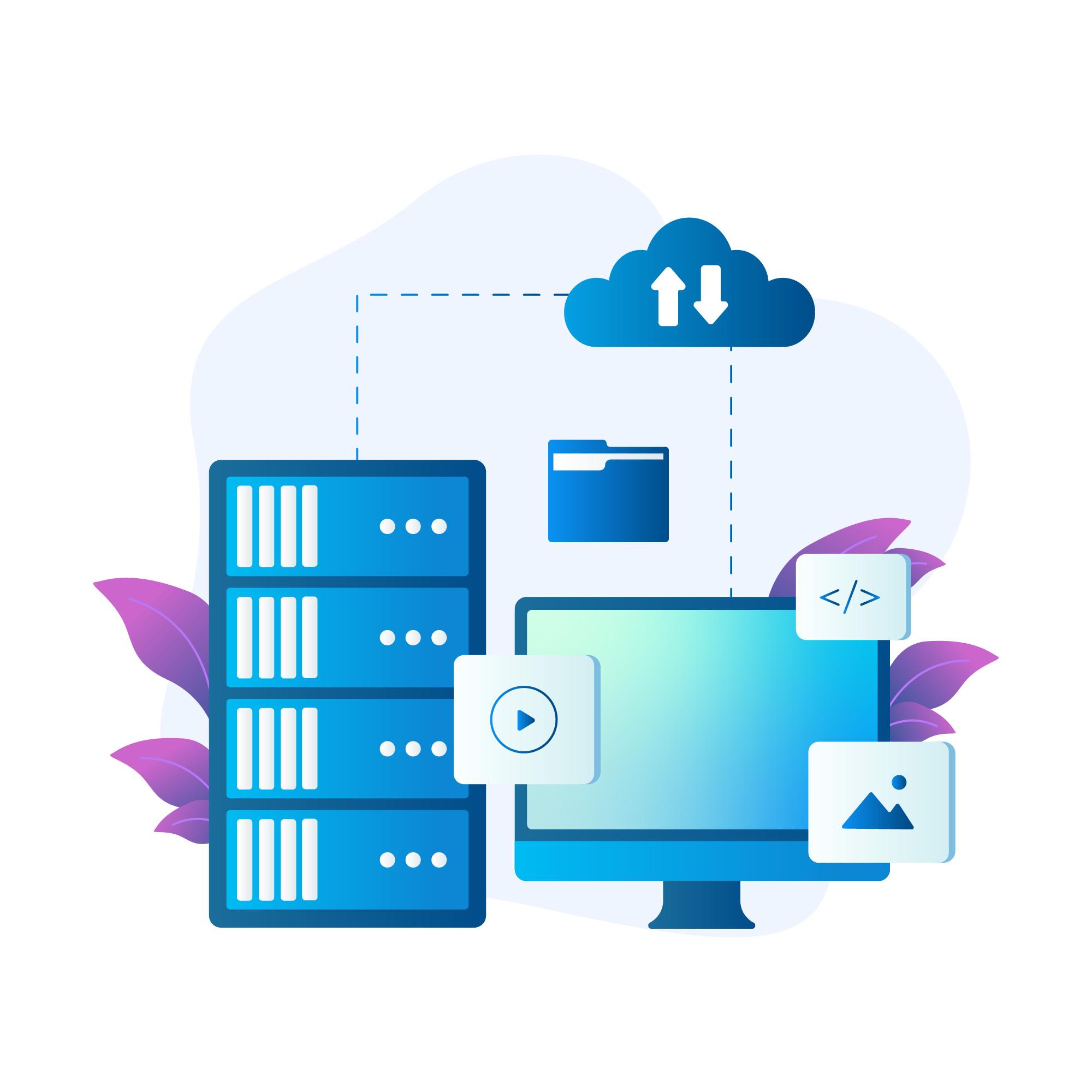What is UN/EDIFACT Syntax?
The standard format of EDI (Electronic data interchange) messages is referred to as UN/EDIFACT Syntax. The Full Form of EDIFACT is Electronic Data Interchange for Administration, Commerce & Transport. It is the universal protocol used for EDI. This is implemented by the United Nations Economic Commission for Europe (UNECE).
Syntax Elements in EDIFACT help ensure a standard way of EDI messages. It makes it more convenient for companies to share information electronically. The syntax describes EDI messages. It includes segments, data elements, and groups that compose the message.
EDI service provider play an essential role in the facilitation of using EDIFACT syntax. They provide a variety of services. This includes EDI mapping, translation, and integration to assist businesses in sharing information electronically. They also offer tools and resources that help companies adhere to EDIFACT guidelines. They make sure that EDI messages are correct and free of errors.
The advantages of implementing UN/EDIFACT
EDIFACT, an international EDI standard used by over 10,000 companies, offers efficiency, precision, and cost reduction benefits, contributing to business goals and improving productivity.
Advantage 1: EDIFACT provides a standardised format for electronic interchange of business documents like invoices, purchase orders, and shipping notifications, eliminating manual data input and reducing errors from faxing, thereby enhancing operational efficiency.
Advantage 2: EDIFACT enables secure communication of rich data to trading partners by encrypting data for secure transmission via the internet, safeguarding critical information and ensuring correct data transmission.
Advantage 3: EDIFACT can significantly reduce costs for businesses by automating data exchange processes, saving time and money, and reducing errors caused by multiple formats, thereby reducing fines and revenue loss.
Advantage 4: EDIFACT enables businesses to exchange real-time data with trading partners, allowing quick market changes and inventory optimization, reducing costs and ensuring customer satisfaction.
Advantage 5: EDIFACT enhances customer service by automating data exchange, allowing faster responses to customer demands, boosting loyalty and satisfaction. It also provides more detailed information about orders.
Ways in which UN/EDIFACT affects different industries
EDIFACT, or Electronic Data Interchange for Administration, Commerce, and Transport, is a global standard for exchanging corporate papers, facilitating data transfer and sharing among businesses, influencing various industries.
Logistics: UN/EDIFACT has significantly benefited the logistics industry by providing information on shipment, delivery schedule, and invoices, enabling easy monitoring of deliveries and EDI managed services saving costs by eliminating manual communication and paper usage in the industry.
Healthcare: EDIFACT has significantly benefited the automotive industry by enabling manufacturers to analyse demand, exchange orders, parts, and shipment information with dealers and suppliers, thereby improving supply chain management and reducing procurement procedures.
Retail: EDIFACT significantly benefits the retail industry by enabling retailers to exchange data on orders, shipments, and invoices with suppliers, enabling efficient stock monitoring, automation, and cost reduction in purchasing processes.
EDI Solution providers are key contributors to the evolution of EDIFACT. Companies are given the support and tools to implement EDIFACT in addition to different EDI standards.
The Future of EDIFACT: Trends and Innovations
- Blockchain Revolution
- Artificial Intelligence (AI) Takes Center Stage
- Internet of Things (IoT) Integration
- APIs and Cloud-Based Solutions
- Embracing Global Standards
By keeping up with these trends, businesses can improve their EDIFACT strategies. Working with experienced EDI services, like A3logics, helps companies stay ahead and benefit from these developments.
Final Thoughts
EDIFACT has really changed how global business trade works. This system makes it easier to share data electronically, improving efficiency and accuracy and reducing costs. Despite new technology, EDIFACT remains key for smooth communication between trading partners.
For more details: https://www.a3logics.com/blog/introducing-un-edifact-standard-syntax-and-structure/

